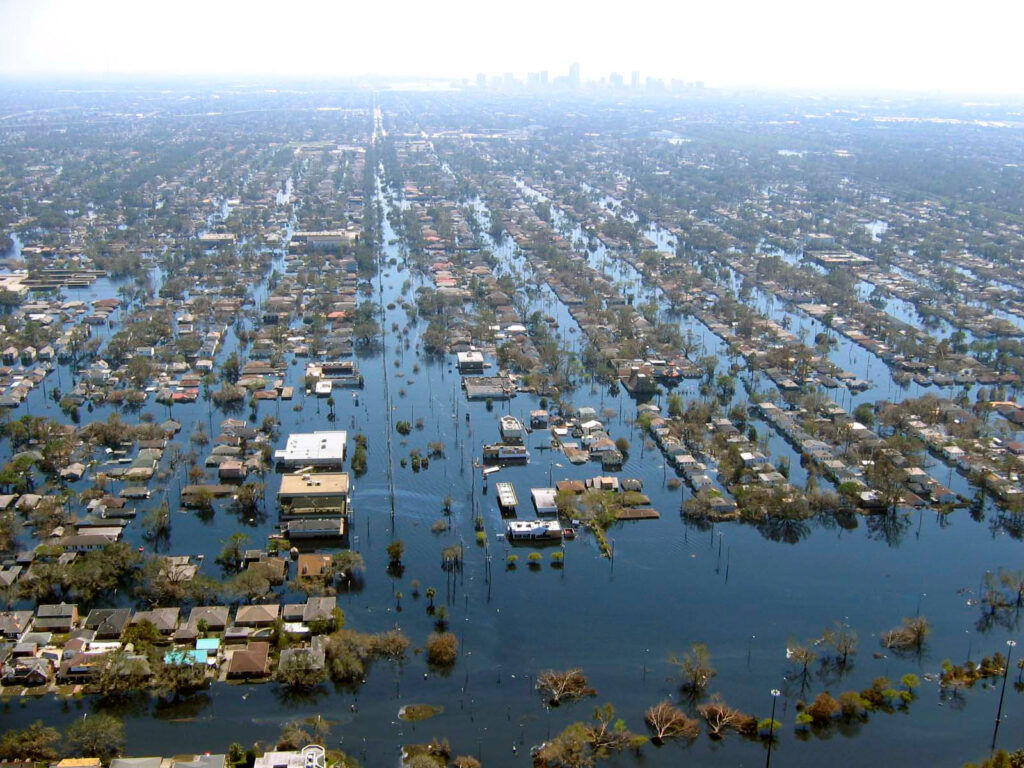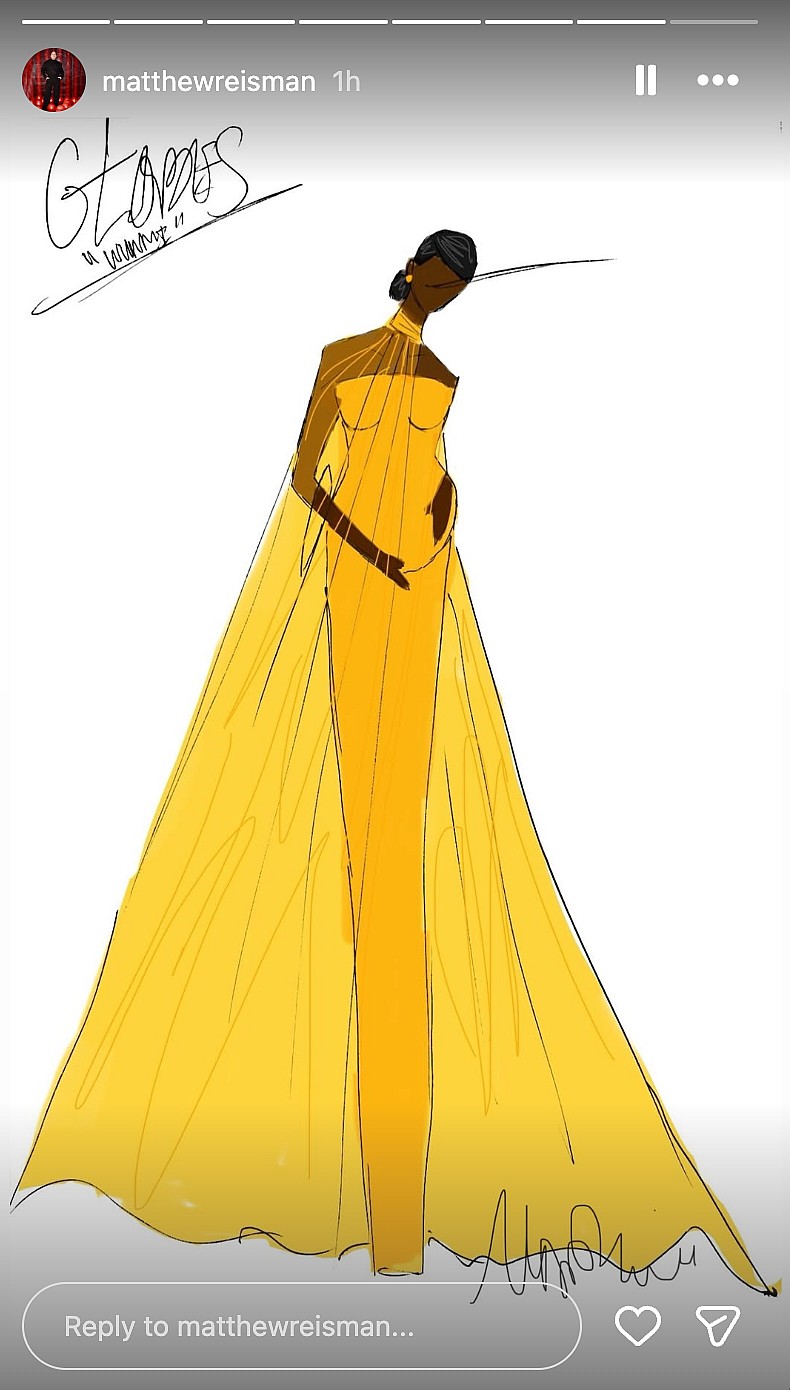
September 1, 2025
A recent gathering in New Orleans’ Lower Ninth Ward featured former Vice President Al Gore and New Orleans rapper Mia X.
As the nation’s news outlets cover the 20th anniversary of Hurricane Katrina, the residents who felt and still feel its impact are not holding back regarding what they felt amounted to an ethnic cleansing of New Orleans’ wards.
As Nola.com reported, a gathering in New Orleans’ Lower Ninth Ward, which featured former Vice President Al Gore and New Orleans rapper, educator, and cookbook author Mia X, represented the community’s rage concerning what happened after Katrina. In traditional New Orleans fashion, the rage and sorrow gave way to a second-line procession and street festival.
Gore, a climate change advocate, railed at the connections between the systemic failures of Hurricane Katrina and what he described as the current climate crisis.
“Let’s don’t lose the connection between Hurricane Katrina and the climate crisis, which is still getting worse. And they’re (the federal government) not doing anything meaningful about it. They are tearing apart FEMA after they improved it and fixed some of the terrible mistakes made 20 years ago,” Gore told the crowd. “And the causes of the climate crisis are still continuing to get worse. It is a fossil fuel crisis—and I know it’s tricky and delicate to talk about the fossil fuel industry here in Louisiana.”
Gore revealed that nearly 20 years ago to the day, he was scheduled to talk to insurance commissioners from all 50 states in Louisiana, but it was canceled, something he still hasn’t gotten over.
“Of course it had to be canceled. It’s never been rescheduled. We’ve got to wake up!” he noted.
City Council member J.P. Morell told the crowd that he is “tired of this term ‘resilience.’ Resilience is passive — you endure stuff that happens to you. We are not resilient. We are indomitable. We are a city that, no matter what obstacle is placed before us, we run through it.”
According to Andy Horowitz, the author of Katrina: A History 1915-2015,” the local government’s response to the hurricane was disastrous even though it had ample warning about how bad the storm was going to be.
May the 20th anniversary of #HurricaneKatrina remind us of the need to transform or discard inhumane systems and the need to transform inhumane hearts that disregard and discriminate against people. So many people should be alive. So many Black human beings were dehumanized.… pic.twitter.com/HCDQcUdwEF
— Be A King (@BerniceKing) August 29, 2025
“Government at every level was manifestly, murderously ill-prepared for this widely predicted possibility,” Horowitz told NPR’s Michel Martin. “People were left to drown in their own houses. Even people who had made it to emergency shelters designated by the city found them empty, without any help, any food or water. Katrina represented, I think, such a failure so shocking that it made many people question the promise of American citizenship itself.”
According to The Guardian, in addition to these local policies, what compounded the abject failure during Katrina was FEMA policy, which was directed by former President George W. Bush. In a manner not dissimilar to President Donald Trump, Bush cut funding for the program, leaving it woefully unprepared for a hurricane of Katrina’s strength.
The Lower Ninth Ward, where Gore and Mia X gathered, is one of the areas where the damage unleashed by Katrina still marks New Orleans, which a resident of the area, Burnell Cotlon, described to NPR.
“This is not a third-world country,” Cotlon said. “This is New Orleans. Now, we’re only 10 minutes from the French Quarter. And the people that’s here in the Lower Ninth Ward, they’re still suffering. I lost everything. I had to start life all over. I had, like, 30-plus some neighbors. Today I have four. There’s nothing back here, you know? People forgot about the Lower Ninth Ward. I got to stay strong, positive. But sometimes it hurts. It hurts because when I drive from my house to come here, I remember, they had a store here, they had a school here, we had a hospital here. We had everything back here.”
According to Robert Green, a Katrina survivor, who has been featured in the two most recent documentaries on the hurricane, said it is the way of the residents of the Lower Ninth Ward to honor those they lost as they look forward to the future.
“I’m a New Orleanian. Our thing is commemorative. Our thing is celebrating their lives. Our thing is giving reverence to the people who lost their lives, the community that was lost, and the idea that this community will come back one day,” Green said.
RELATED CONTENT: 20-Years After Hurricane Katrina, Trymaine Lee Highlights ‘Hope In High Water’





